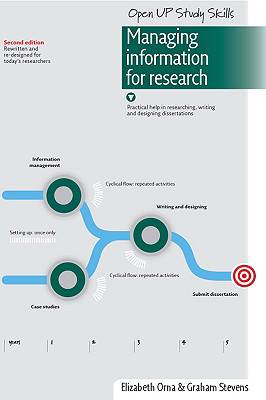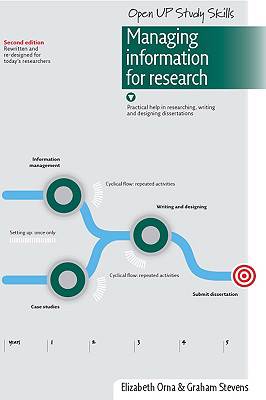
- Retrait gratuit dans votre magasin Club
- 7.000.000 titres dans notre catalogue
- Payer en toute sécurité
- Toujours un magasin près de chez vous
- Retrait gratuit dans votre magasin Club
- 7.000.0000 titres dans notre catalogue
- Payer en toute sécurité
- Toujours un magasin près de chez vous
Description
This book is aimed at students from all disciplines undertaking research projects for the first time. Unusually for a book of this kind it also deals with the design issues involved in presenting information.
Spécifications
Parties prenantes
- Auteur(s) :
- Editeur:
Contenu
- Nombre de pages :
- 272
Caractéristiques
- EAN:
- 9780335221424
- Date de parution :
- 16-07-09
- Format:
- Livre broché
- Dimensions :
- 170 mm x 237 mm
- Poids :
- 516 g

Les avis
Nous publions uniquement les avis qui respectent les conditions requises. Consultez nos conditions pour les avis.






